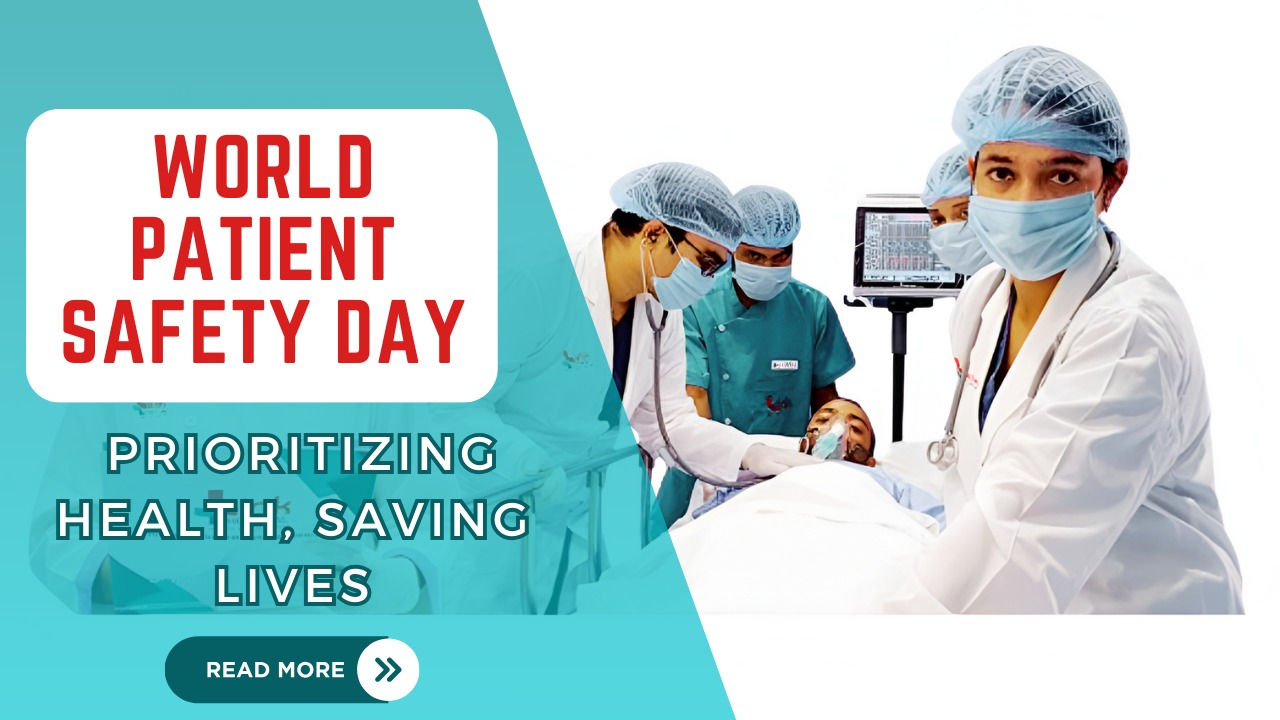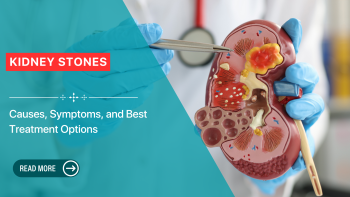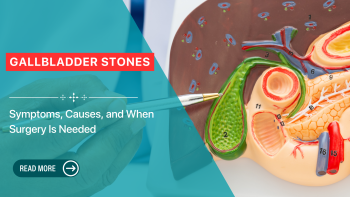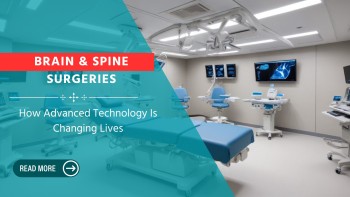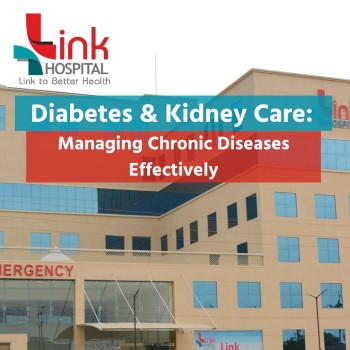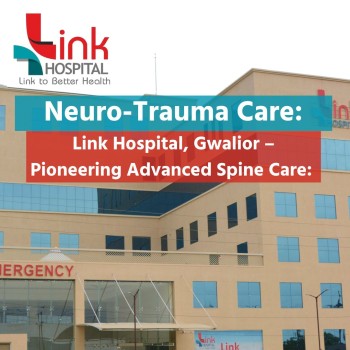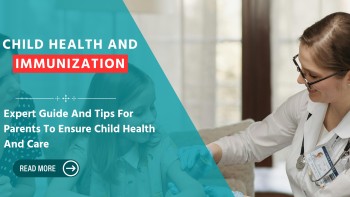World Patient Safety Day: Every year on September 17th, the world recognizes World Patient Safety Day, a global initiative established by the
World Health Organization (WHO) to raise awareness about patient safety and
prevent harm in healthcare. Patient safety is a fundamental aspect of quality
healthcare, and it involves ensuring that medical errors, infections, and
preventable complications are minimized. This blog will explore the
significance of World Patient Safety Day, key areas of focus, and how Link Hospital in Gwalior leads the way
in ensuring the safety of every patient.
The Importance of World
Patient Safety Day
Patient safety refers to the prevention of
errors and adverse effects associated with healthcare. Mistakes in medical care
can lead to severe consequences for patients, including injury, disability, or
death. World Patient Safety Day aims to:
● Raise Awareness: Educate healthcare
professionals and the public about the importance of safety measures in
hospitals and clinics.
● Promote Collaboration: Encourage
governments, healthcare organizations, and patients to work together for safer
healthcare systems.
●
Drive Action:
Implement policies, training, and practices that reduce risks and improve the
quality of care.
With the theme of “Engaging Patients for Patient Safety,” this year’s World Patient Safety Day highlights the critical role patients play in their healthcare. By involving patients in decision-making and educating them about their treatments, healthcare providers can reduce the likelihood of errors and complications.
Key Focus Areas for
Patient Safety Day
Several areas are crucial to ensuring
patient safety, each requiring attention from healthcare providers and patients
alike:
1.
Medication Safety
Medication errors are one of the most
common forms of harm in healthcare settings. Incorrect doses, improper
administration, or prescribing the wrong medication can have severe
consequences. To ensure medication safety, it’s essential to:
● Double-check prescriptions: Both
healthcare providers and patients should verify the correct dosage and type of
medication.
●
Use electronic
health records: Digital systems help prevent errors by tracking patient
histories and potential drug interactions.
2.
Infection Prevention and Control
Healthcare-associated infections (HAIs) are
a significant patient safety issue. Infections acquired during hospital stays
can prolong recovery and increase the risk of complications. Best practices for
infection control include:
● Hand hygiene: Regular handwashing by
both healthcare professionals and patients.
● Sterilization of equipment: Ensuring
that all medical instruments are properly sterilized before use.
● Vaccination:
Keeping healthcare workers and patients up to date with vaccines to prevent the
spread of diseases.
3. Safe
Surgery Practices
Surgical errors, including wrong-site
surgery or leaving foreign objects in the body, can lead to devastating
outcomes. Implementing safety protocols in the operating room can significantly
reduce these risks. Key strategies include:
● Surgical Safety Checklists: Following a
standardized checklist before, during, and after surgery to ensure all
necessary steps are taken.
●
Proper Patient
Identification: Ensuring the right patient undergoes the right procedure.
4.
Communication in Healthcare
Clear and open communication is vital to
patient safety. Miscommunication between healthcare providers or between
providers and patients can lead to mistakes in diagnosis, treatment, or
follow-up care. Effective communication strategies include:
● Patient-centred discussions: Involving
patients in discussions about their care plan ensures they understand their
treatment and are aware of potential risks.
●
Interdisciplinary
team meetings: Promoting collaboration among healthcare providers from
different specialities.
How Patients Can
Contribute to Their Safety
Patients are crucial partners in their
healthcare journey, and they can take active steps to enhance their safety by:
● Asking Questions: Don’t hesitate to ask
your healthcare provider about your diagnosis, treatment options, and potential
side effects.
● Keeping Records: Maintain your records
of medications, allergies, and previous treatments.
● Verifying Information: Double-check
with your healthcare provider to ensure that you fully understand instructions
regarding medication or treatment plans.
●
Reporting
Concerns: If something doesn’t seem right during your care, speak up
immediately to your healthcare provider.
At Link
Hospital, we encourage all patients to actively engage in their healthcare
to ensure the best possible outcomes.
Patient Safety at Link
Hospital in Gwalior
At Link
Hospital in Gwalior, we take patient safety seriously. We are committed to
providing the highest quality care by following stringent safety protocols and
constantly improving our processes. Our patient safety initiatives include:
1.
State-of-the-Art Facilities
Link Hospital is equipped with the latest
technology to enhance patient care. From advanced diagnostic tools to modern
surgical suites, we ensure that all procedures are performed safely and
accurately.
2. Expert
Medical Staff
Our team of experienced doctors, nurses,
and support staff are highly trained in best practices for patient safety.
Continuous education and training ensure that our staff are up to date with the
latest safety standards.
3.
Infection Control Programs
Link Hospital has a robust infection
control program designed to minimize the risk of healthcare-associated
infections. Our team follows strict sterilization procedures, and all staff are
trained in hygiene protocols to prevent the spread of infections.
4.
Medication Safety Protocols
We utilize an electronic health record
(EHR) system to manage patient information and prescriptions, reducing the risk
of medication errors. Our pharmacists and healthcare providers collaborate
closely to ensure that all medications are accurately prescribed and
administered.
5. Safe
Surgery Practices
Our surgical teams adhere to international
safety guidelines, including the use of surgical safety checklists, proper
patient identification, and monitoring during the entire process. Patient
safety is our top priority in the operating room.
Conclusion
World Patient Safety Day is an important
reminder of the ongoing efforts required to keep patients safe in healthcare
settings. By raising awareness, promoting collaboration, and driving action, we
can create a safer healthcare environment for all. At Link Hospital in Gwalior, we are dedicated to ensuring that every
patient receives the highest standard of care in a safe and supportive
environment.
When it comes to your health and safety, Link Hospital is committed to being
your trusted partner, providing expert care, advanced facilities, and a team
dedicated to patient safety.
